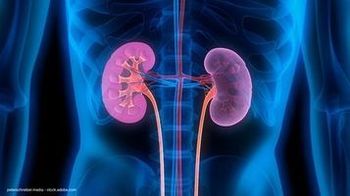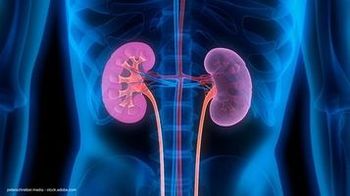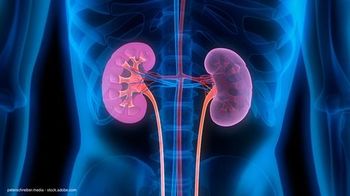
Intravesical agent is effective option for BCG-refractory bladder cancer
Intravesical valrubicin (Valstar) provides an effective and tolerable alternative to cystectomy for some heavily pretreated patients with carcinoma in situ that is refractory to bacillus Calmette-Guerin, according to a University of Chicago study.
Intravesical valrubicin (Valstar) provides an effective and tolerable alternative to cystectomy for some heavily pretreated patients with carcinoma in situ that is refractory to bacillus Calmette-Guerin, according to a University of Chicago study.
In the study, patients had two or more prior intravesical therapies for carcinoma in situ, including at least one course of BCG with pathologic confirmation of nonmuscle-invasive bladder cancer recurrence. Each patient received valrubicin instillations, 800 mg once weekly for 6 weeks, with primary disease evaluation 6 weeks after last dose and then every 3 months until recurrence.
Of the 90 evaluable patients (mean age, 68 years), most were male (88%) and Caucasian (98%), and 80% had a history of smoking. Mean bladder cancer duration at baseline was 5 years; 28% had three or more prior intravesical therapy courses and 82% had four or more transurethral resections of bladder tumor; 16 of 90 patients (18%) had documented complete response and 10 patients without complete response showed a reduction in tumor grade.
According to study author Gary Steinberg, MD, of the University of Chicago, 26 of 90 patients (29%) derived clinical benefit with valrubicin treatment. Ten patients (11%) developed muscle-invasive and/or metastatic bladder cancer during follow-up. Local bladder symptoms were present in 45% of patients at enrollment and 88% during therapy. Systemic adverse events were mild in nature, self-limited, and not life-threatening, Dr. Steinberg reported.
Study results were presented at the Society of Urologic Oncology annual meeting in Bethesda, MD.
Newsletter
Stay current with the latest urology news and practice-changing insights — sign up now for the essential updates every urologist needs.





